By Robyn Stewart
In light of an era based around targets, goals and benchmarks for development, it is increasingly understood that the role of data should not be overlooked. In this session of the Global Land Forum (GLF) 2018, delegates and panel speakers engaged in a discussion surrounding the necessity of opening up and leveraging “data ecosystems” to provide a robust evidence-base which can influence policy and drive change. A varied panel with a common interest in land monitoring and data collection came together in this session to both share experiences and to question the potentials and opportunities of data and indicators in an effort to democratise land governance.
Two important themes that emerged from this session were firstly, the importance of recognising country differences and contextual differences which often influence data collection processes, and secondly, data verification, legitimisation and use. Nathaniel Don Marquez from ANGOC, Philippines began by explaining that when indicators are being developed, it is important to consider how methodologies can be standardised in a way that accounts for individual trends and environments. He emphasised the importance of undertaking country studies and scoping surveys in order to understand varying perspectives and country-specific issues at hand, prior to the establishment of set methodologies for data collection. This point made by Nathaniel Don Marquez led into conversations about the significance and importance of qualitative data for developing a rich evidence-base. Malcolm Childress from PRIndex made an observation that stories should be leveraged from data to understand who the people are, where they are located and why they experience various issues. He continued to explain that maps, as an alternative to purely quantitative databases, are a powerful tool that can be used in a number of advantageous ways in land debates.
When considering the use of data, all of the panellists agreed on the fact that data needs to have an established use and purpose. It was argued by both Malcolm Childress and Rowshan Moni, from ALRD in Bangladesh, that data should be used to compliment official government data in order to further recognition of the potentials of community-generated data. Malcolm Childress expanded on this point to argue that additionally, data can, and should be used to hold governments accountable. He summed up this point saying “data should be used to monitor and further government and CSO progress”.
In this light, each of the panellists of this session were adamant that data, when engaging in practices of land monitoring, must deliver and result in change. Nathaniel Don Marques stated that we should not be “gathering data for the sake of gathering data, but doing it to build consensus and influence policy”. Rowshan Moni built on this point, explaining that their initiative has five main components which are incorporated into their land monitoring processes:
- Advocacy
- Mobilisation and networking
- Capacity building and leadership development
- Information dissemination, and
- Legal assistance
These components are used as a foundation for connecting stakeholders, engaging with governments, national statistics offices, civil-society organisations and local communities in order to build capacity whilst accounting for multiple perspectives and needs.
A discussion point, stimulated by the moderator, Ward Anseeuw, surrounded the legitimisation of data. In order to allow a data ecosystem to exist, different data sources, both political and technical, need to be legitimised – but how can we engage in this process? Malcolm Childress addressed this question, highlighting the importance of testing consultations and holding focus groups in different countries to understand and incorporate different perspectives into methodologies. In this way, subjectivity can be addressed by testing how different perspectives give different results. Nathaniel Don Marques and Jagat Basnet from CSRC Nepal, built on this, stating that collective ownership is the key for concrete legitimisation of data. The most important stakeholder is the community and they should be the first users of data. Jagat Basnet continued, stating that data should be used first and foremost for policy-based advocacy and dialogue.
The session concluded with thoughts from the floor, in which Ruth Meinzen-Dick from the International Food Policy Research Institute (IFPRI) added to this conversation, drawing from her work and experience. She highlighted the significance of convening different types of agencies, including national statistics agencies, and establishing working groups with civil-society organisations to make indicators as real as possible and ensuring that as many stakeholders are involved in the process. This comment from the floor drew the session together well and brought together the need to work with CSOs and national statistics offices in a collaborative way that can open governments to new and renewed types of data.
